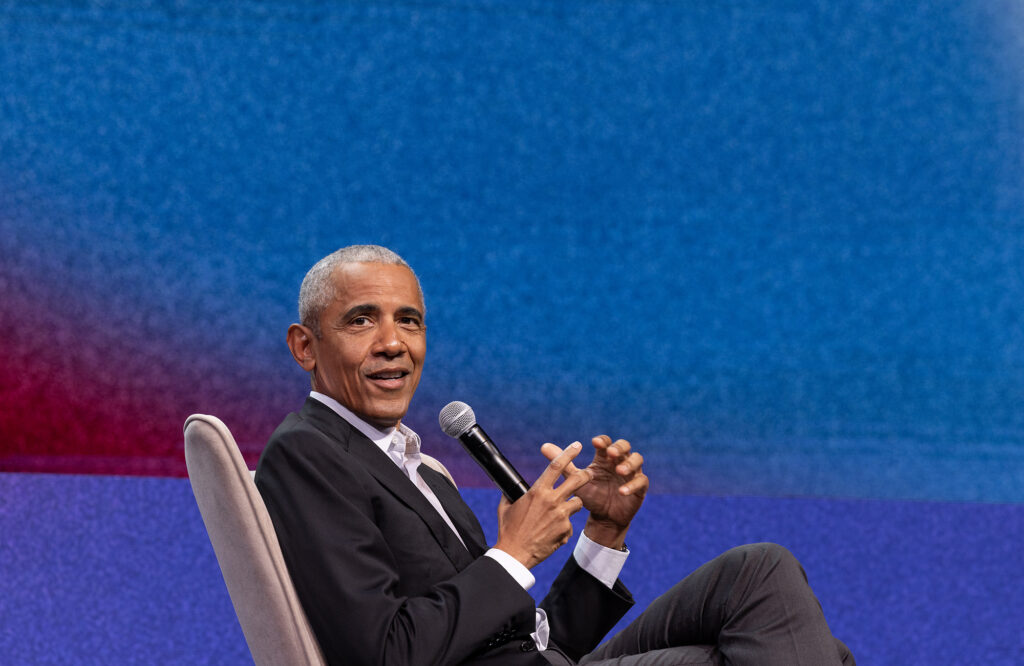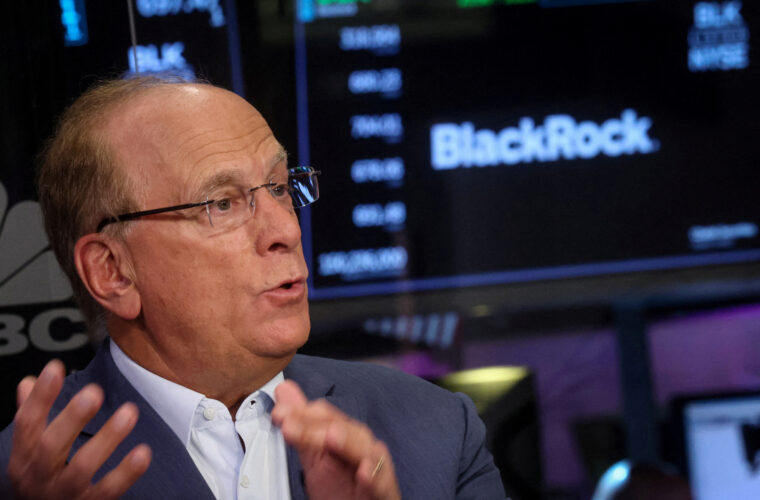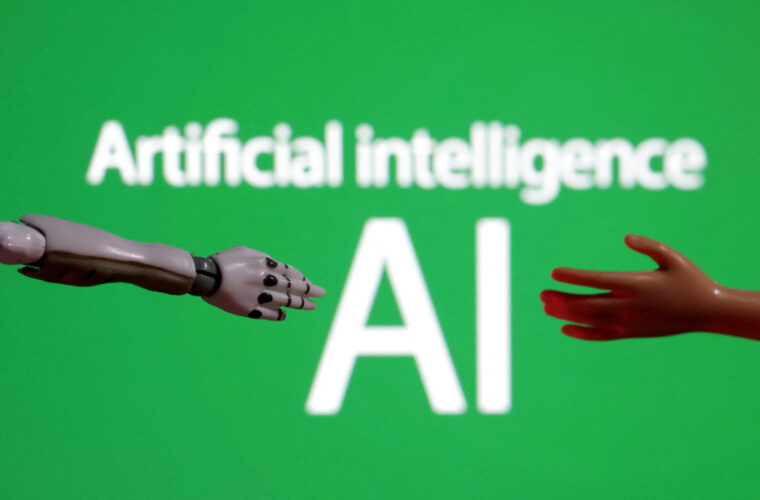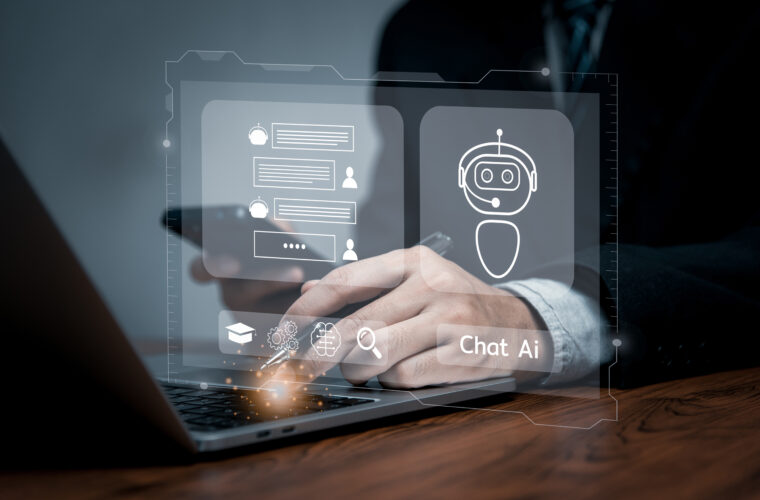Former US President Barack Obama warned of the serious dangers and threats of Artificial Intelligence (AI) during his recent visit to Greece. Obama attended an open discussion at the Mental Health conference organized by the Stavros Niarchos Foundation, “SNF Nostos Conference”, in Athens in June. During the discussion, Obama addressed the challenges of the digital age, extensively referencing both social media and Artificial Intelligence.
“I spoke at the 2023 SNF Nostos Conference about the challenges facing democracy around the world, and what we can do to protect it. At the Obama Presidential Center, that work will be part of the Democracy In Action Lab — a programming hub focused on democracy, civic engagement, and making change from the South Side of Chicago to the rest of the world,” Obama wrote in his official social media accounts.
Over a couple of months, more and more tech experts have warned of the challenges posed by the rapid development of AI systems. Some AI experts even talk about the risk of the extinction of humanity. The debate on the measures to be taken regarding the proper use of Artificial Intelligence systems is now in progress, and several governments are setting limits.

AI risks
“I don’t think most governments, most businesses, are equipped to take advantage of the benefits of Artificial Intelligence (AI) and protect against the disruption and damage that will come,” Obama said. He noted that this is the first time that the people who design these models have expressed concern or reservations, “to the extent that some of them have said ‘please regulate us.”
“In some cases, AI will enhance people’s ability to do their jobs, but it will eliminate a lot of jobs,” he noted. “Keep in mind, if you’re the best at what you do, human judgment will still be more powerful than computers can do. But for routine jobs – and a lot of people are employed in routine jobs – those will be replaced.”
He also pointed out that, as we saw in the elections in the USA and the war in Ukraine, the problem of misinformation is intensifying, which until recently was mainly in the form of text. Still, now it also comes in the form of video.
“We can’t put knowledge back in the bottle; the genie has been unleashed,” he said. “But what we can do is recognize that AI is powerful and come together to ensure that it benefits all of humanity instead of destroying us.” “We will do better in AI if we apply the democratic principles that say everyone counts. This is not a tool just to empower or enrich some but to make life better for all of us.”
Τhe digital challenges
The former US president noted that the current media environment makes it much more challenging to live side by side freely and listen to each other. As he mentioned, this is something he saw happen during his Presidency as the digital age emerged alongside it.
He also referred to the misinformation and manipulation through social media, which undermines democracy to a great extent, and stressed the need to find new ways to educate our youth so that they can distinguish truth from falsehood and seek perspectives and opinions that do not agree with their own.
“One of the ironies of globalization and technology is that if you have a special talent if you are particularly successful, you have a global market. But what they’ve also done is make a lot more people, workers who are less easy to move, have less influence, and get a smaller share of the pie than ever before.”
“This creates differences that are more difficult to bridge for democracy. It makes it harder within nations and it makes it harder between nations. It has become more difficult to bridge the differences,” he pointed out. An important project for our democracy is how to integrate those who have been left behind by globalization, he stressed.



